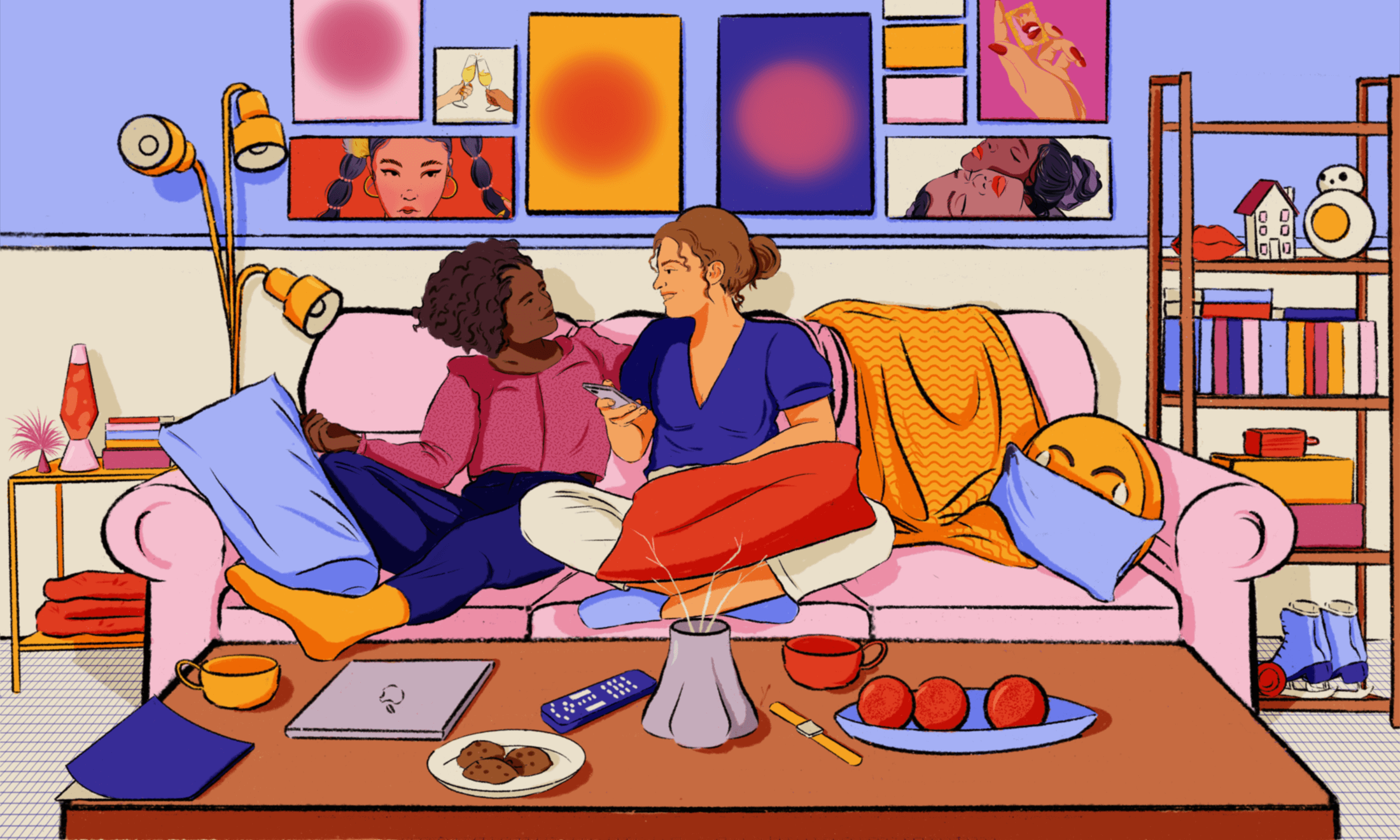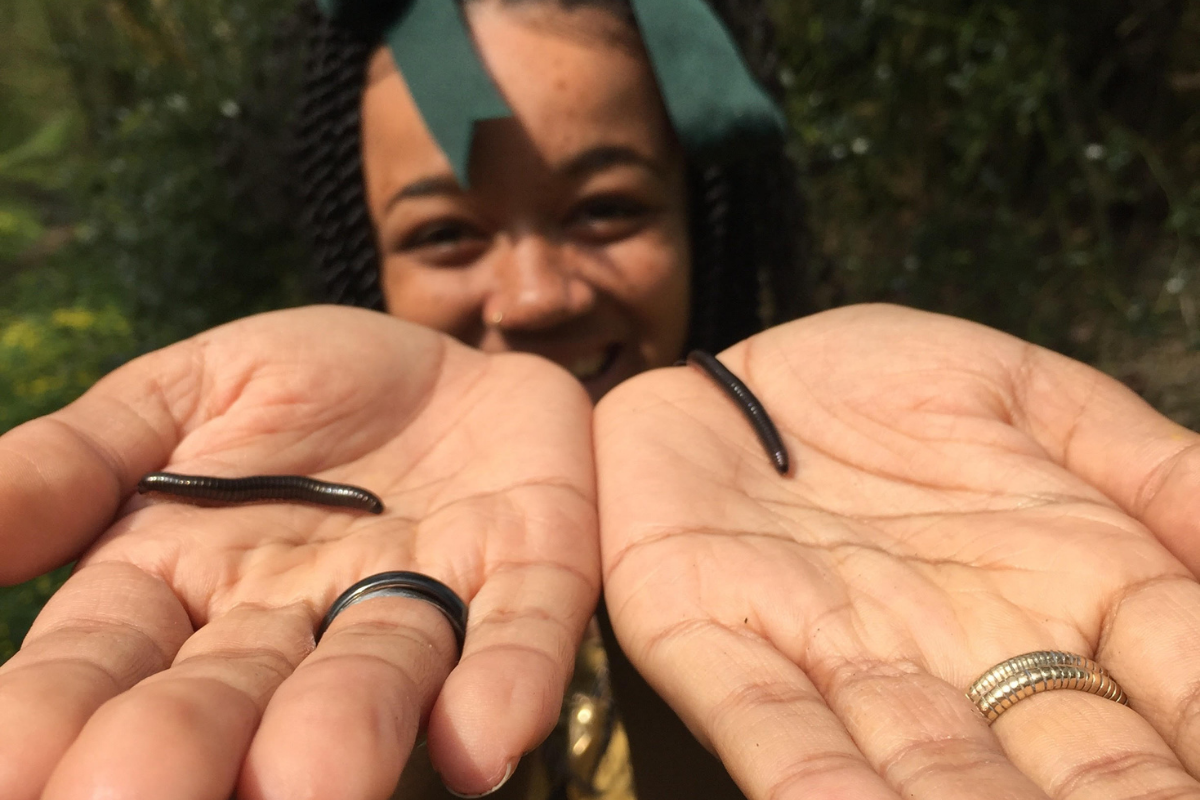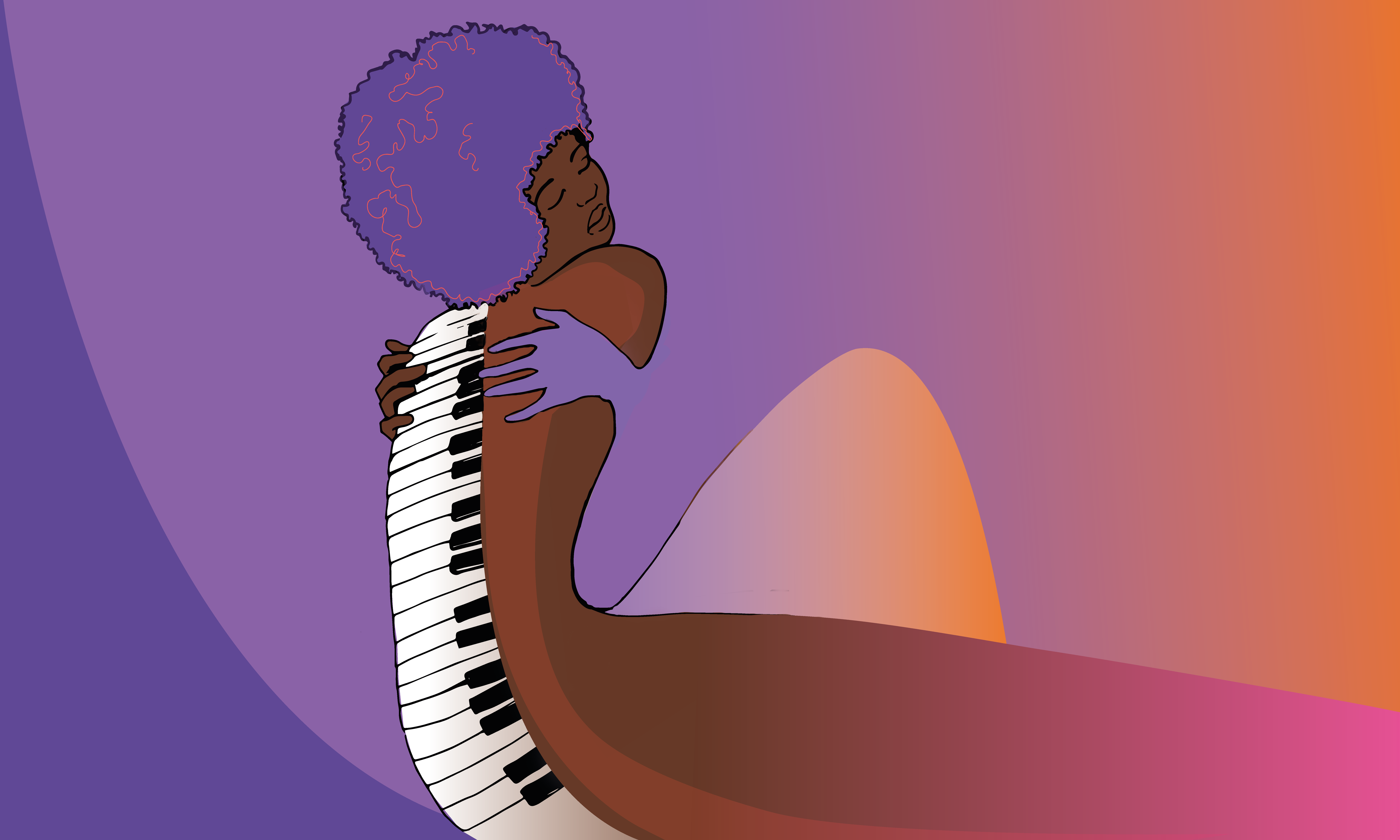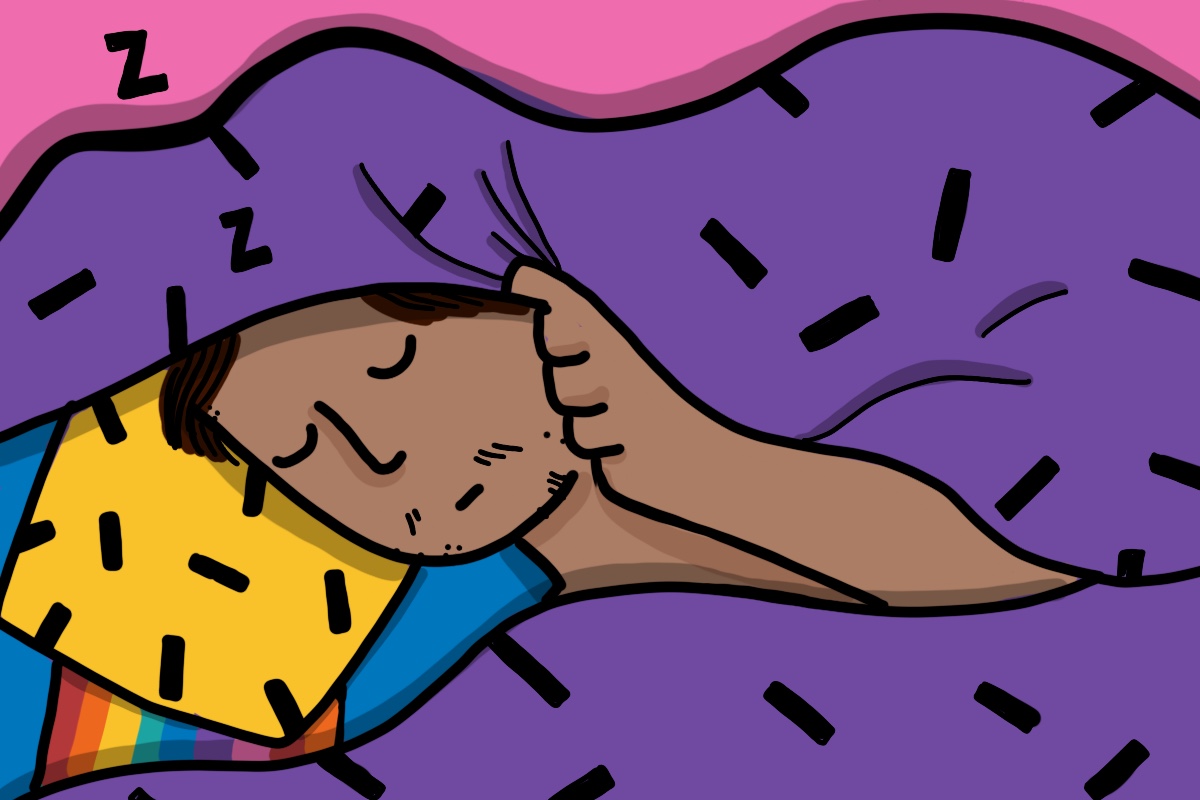
Author
Single South Asian women like me are feeling the pressure of ageing in lockdown
Turning 25 in lockdown has made Rosh Ilyas reevaluate everything she was taught about age growing up.
Roshina Ilyas and Editors
28 Jan 2021
When I was in my late teens, fantasising about my future life as an adult, I always imagined having my life together. I’d envision a career woman with a decent bank account and a classy home of her own by the age of 25. Other times I would picture planning my wedding, debating whether to keep it simple or go all out Indian glam. I didn’t think that I’d be an unemployed spinster still living with her parents in my mid-twenties.
As time went on and my birthday loomed nearer, I felt so much pressure leading up to my 25th birthday – the official point that’s supposed to mark a big step in life, or so we’re told. It’s already frustrating that Western society makes 25-year-old women feel like the ravages of time are attacking you, but being Indian, the pressures of ageing can seem endless.
Not meeting cultural expectations, like marriage, having a job and fitting the ideal beauty standard, can hang over like a dark cloud over single women in this age bracket. My family are North Indian Muslims who have kept their heritage close as they have emigrated around the world. I keep some things private, like my bisexuality and my atheist beliefs, but when it comes to things I can’t hide, like being unemployed or the way I look, family elders would say “Log kya kahenge?” which translates to – “what would people think?”
“For many South Asian women like myself, ageing is a sensitive topic and can be traumatic”
For many South Asian women like myself, ageing is a sensitive topic and can be traumatic. This is largely to do with deciding to marry or stay single. Being unwed is often presented as the barrier to freedom. I wanted to travel the world but my parents always told me, “You can travel anywhere you want to – after you are married.” The liberty necessary for achieving our dreams, like travelling, or even moving out of a childhood home, is only possible after finding a husband.
Getting older is distressing. The brown woman either stays single and her twenties slip away, desires unfulfilled. Or, she marries, gaining the freedom to live her dreams, but still dependent on a man. If she stays single, she can’t for too long as an older woman is seen as unmarriable. Though mid-twenties is still youngish by Western standards, in Indian culture, it’s a sign that a woman should hurry things up before she turns (gasp!) thirty.

Having children is also a priority, seen as a choice for a husband and wife. When I would try to talk to my mother about these heteronormative standards, she call me “besharam” – shameless. A huge part of our background is ‘izzat’ – honour. Sex before marriage is viewed as sinful. If I would speak about not needing to marry to have children, my mother would say; “hamari an nahi hauti hai,” meaning “this does not happen in our culture”. As 2020 finished, my cousin’s wife gave birth and another cousin’s wife became pregnant. With the next generation appearing, my family hinted at the prospect of becoming too old to have kids. I went from never having the sex talk before the pandemic to being asked when I was going to have children.
After graduating in December 2019, the pandemic meant my career plans took a dive. Being stuck in lockdown meant I couldn’t do anything about it. It felt like my time was running out. Lockdown has also been nearly a year wasted on not meeting the often unrealistic brown feminine template: a professional woman who still has time to do the housework and feed the family, all while staying youthfully beautiful. It has felt like a waste of time, especially with the knowledge that my 25th birthday was looming.
“I went from never having the sex talk before the pandemic to being asked when I was going to have children”
For me, most of the pressure came from family comparisons. At 20, my mother married and moved halfway across the world. My father tells me that when he sent his proposal, she was the most ‘desired’ woman in their neighbourhood. My Mum’s aunties (my great-aunties) always talk about her as a success story. They always comment on how my Mum was slim, ‘achi rung’ (fair skinned) and married with children in her twenties. When you live with the incarnation of the “perfect brown woman”, it’s easy to feel like a failure.
Usually, when you’re not focusing on creating a family, many people fall back on their careers. But right now, the pandemic has made it difficult for me. I want to be a writer, but I’m at the beginning of my career. At 25, my cousins were established engineers. Their wives, a year older than me, had ‘respectable’ careers in recruitment and medicine. Being the only one (and only woman) pursuing a creative career was difficult.
I had found my passion, yet my family ridiculed my choice. My strides weren’t seen as successful. I didn’t fit the ‘good brown woman’ mold, but I started to see that there were so many oppressive cultural teachings. Lockdown has made me realise that holding onto these impossible ideals will only limit me and I don’t want to have daughters condemned by the same ageist notions.
I woke up that December morning having turned 25. The sky didn’t fall down. My hair didn’t go grey and my eggs didn’t dry up. I had built up pressure to be like my mother, a better brown woman, by this age. Yet on my birthday, I realised that I was now the antithesis of what cultural expectations dictated I should be. In a way, it was liberating and powerful. I felt free, because 25 was an unlearning of everything I was taught Indian women must be. Looking in the mirror, I saw that I will always be me. And no one can take my identity away from me.
“On my birthday, I realised that I was now the antithesis of what cultural expectations dictated I should be”
Freedom starts with deciding that you will be free – but it is achieved by working towards it. A huge step was telling my mum how she has been a main symbol of harmful Indian expectations. Sadly, I don’t think I will ever undo homophobia and sexism with one generation, but she has started talking to me about her past trauma. It’s taking time, but talking about our experiences has made living with my parents less mentally straining than before.
This was a big change, but I’ve rejected the idea of needing to be married to travel. It was difficult to unpack deep rooted sexism, telling me I couldn’t travel without a man, but I’ve made a list with the places I want to visit and a solo trip is on the cards. I was scared, thinking my youth was running away, but now I don’t care if I end up travelling later, as long as I do it.
After my birthday, I made the decision to call myself a freelance writer. I was putting it off for so long because of family scoffing. For Indian immigrants who had to find regular jobs to pay the bills, the word ‘freelance’ isn’t seen as a proper career. But I love being creative, I can’t imagine doing anything else. I feel confident knowing that I can work towards financial independence doing what I love. My culture is rich and beautiful, but it comes with patriarchal, ageist standards. Not everyone can free themselves from these, and doing so is a real privilege.
Compared to last year, 25 made me realise it’s not my job to please my family. Their cruel words may always sting, but as I am in a better, secure place, and they don’t affect my decisions any more.









